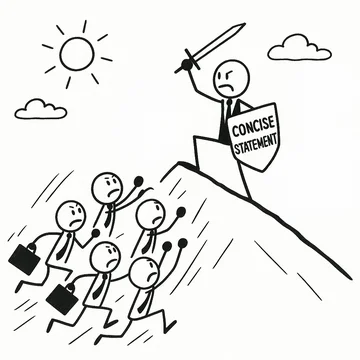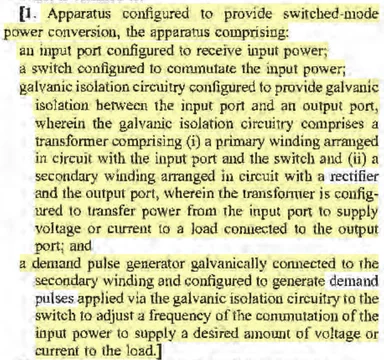
Both Chief Judge Connolly and Judge Williams require parties to rank their summary judgment motions. This is an effort to deter meritless summary judgment motions. Upon denying a higher-ranked motion, the Court will automatically deny lower-ranked motions as well.
In other words: You had better be careful when ranking your summary judgment motions. But it can be tricky! Do you put the one with the highest chance of success first, even if it's on an issue you don't care as much about? Or do you rank the tougher SJ motion first because it addresses a critical issue first, to ensure that the Court will at least address it?
And what if a motion is granted, but only in part? The answer likely depends on the specific circumstances and the judge's preference. Judge Williams dealt with that situation in an opinion he issued today in Lindis Biotech, GmbH v. Amgen Inc., C.A. No. 22-35-GBW (D. Del. Nov. 22, 2024).
In the opinion, the Court granted-in-part the first of defendant's four summary judgment motions. That motion sought summary judgment of no inducement.
The claims were directed to a method of treatment, and required administering one treatment "'immediately before,' 'immediately after,' or 'concurrently' with" another. The Court found that the plaintiff agreed to limit its claims for infringement to only the "immediately before" category, and granted the motion as to the "immediately after" or "concurrently with" categories.
As to the "immediately after" limitation, however, the Court found a factual dispute. The defendant's drug label recommended administering the first treatment one hour before the second, but plaintiff alleged the treatment took an hour to administer—resulting in the patent receiving the second treatment "immediately after" the first, as claimed. The Court agreed that the jury could make that finding, and denied the remainder of the motion.
The Court then held that the second motion was moot in light of voluntary agreement:
Amgen's Summary Judgment Motion No. 2 requests summary judgment of no contributory infringement of all asserted claims of the '421 patent. D.I. 180 at 2. Lindis has voluntarily agreed not to pursue a claim for contributory infringement of the '421 patent. D.I. 209 at 1. Thus, Amgen's motion for summary judgment of no contributory infringement of the '421 patent is denied-as-moot.
Finally, as to the third and fourth motions, the Court found that they should be denied because it had denied-in-part the first-ranked motion:
Given the Court's denial-in-part of Amgen's first ranked summary judgment motion, the Court denies Amgen's summary judgment motion No. 3 (contending that all asserted claims of the '158 patent are invalid for lack of written description) and summary judgment No. 4 (no induced infringement of all asserted claims of both the '421 and '158 patents) in accordance with its ranking procedures.
Would this have been different if the initial motion had been mostly granted, with only a minor portion of it denied (rather than the reverse)? I don't know. But this definitely goes to show that (1) there is at least a chance that later motions will be denied if the first is only granted-in-part, and (2) Judge Williams continues to be willing to apply his ranking procedures to deny motions. Proceed accordingly!
If you enjoyed this post, consider subscribing to receive free e-mail updates about new posts.




